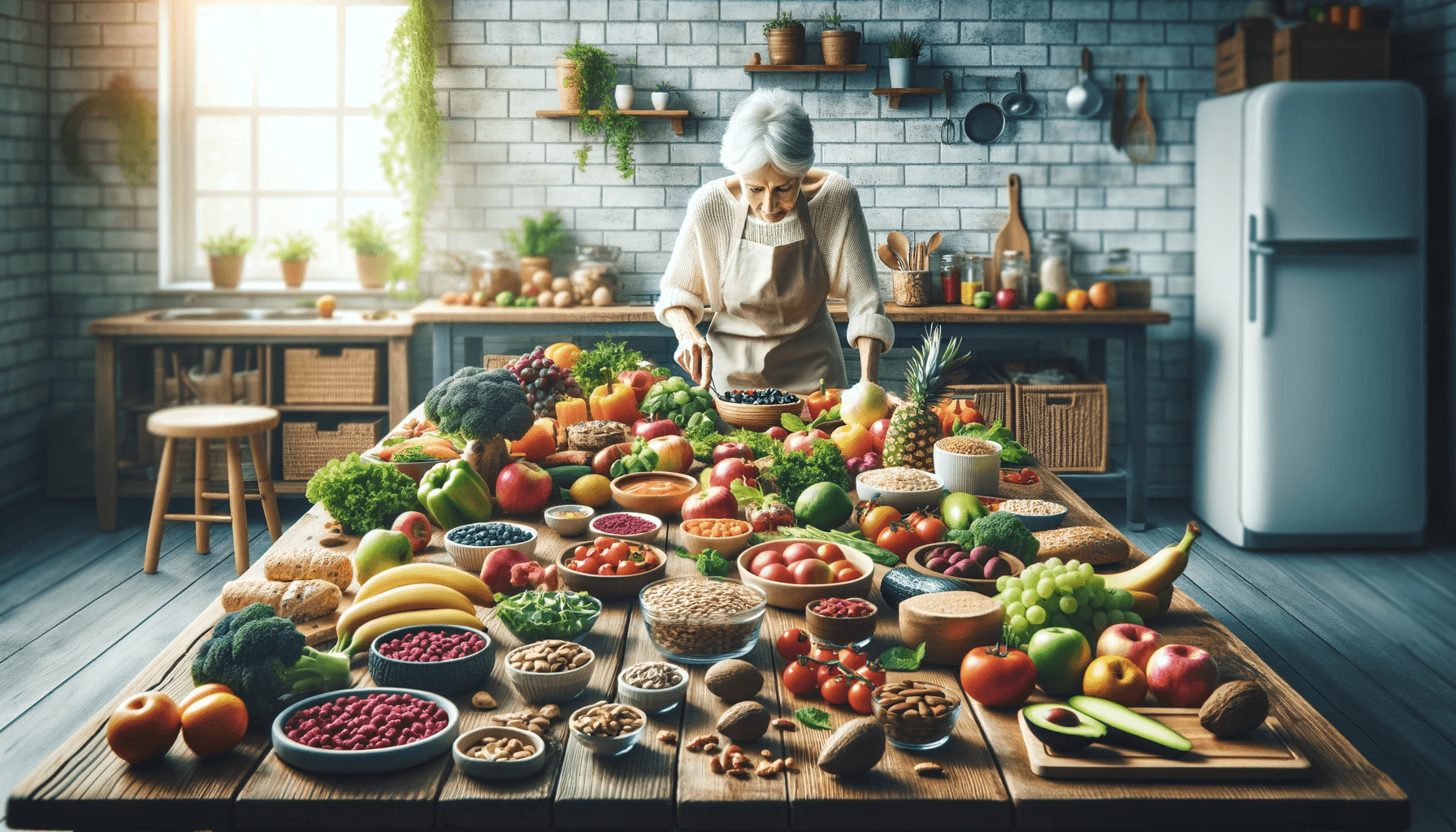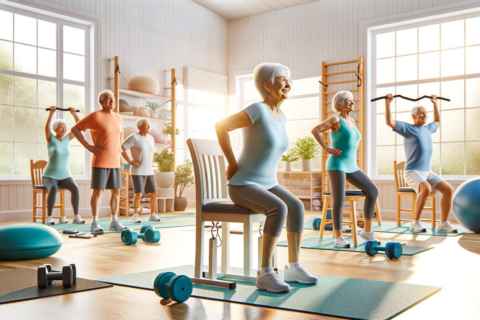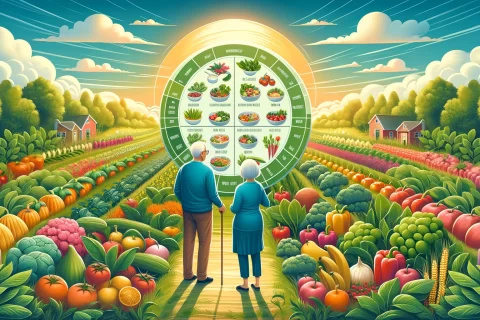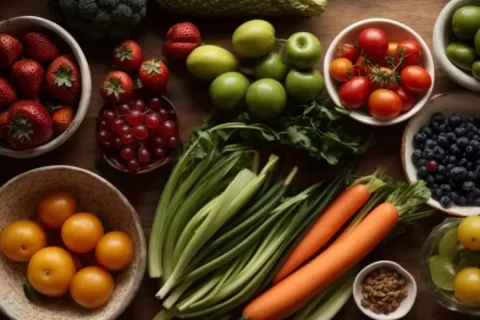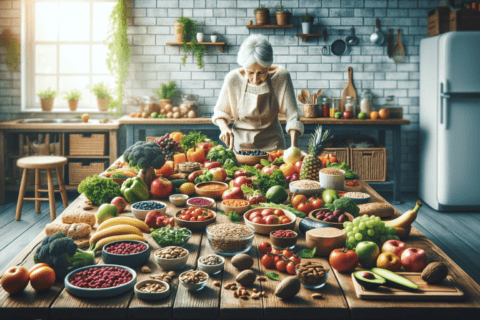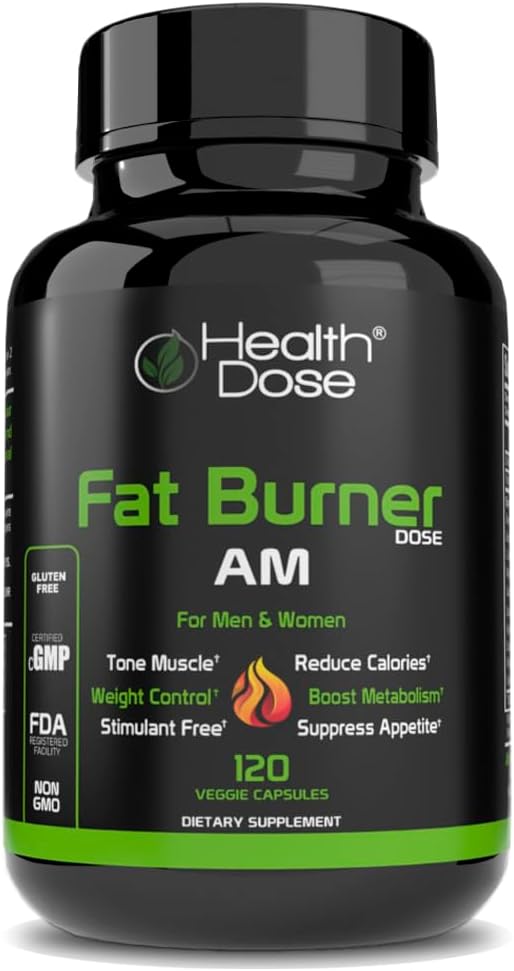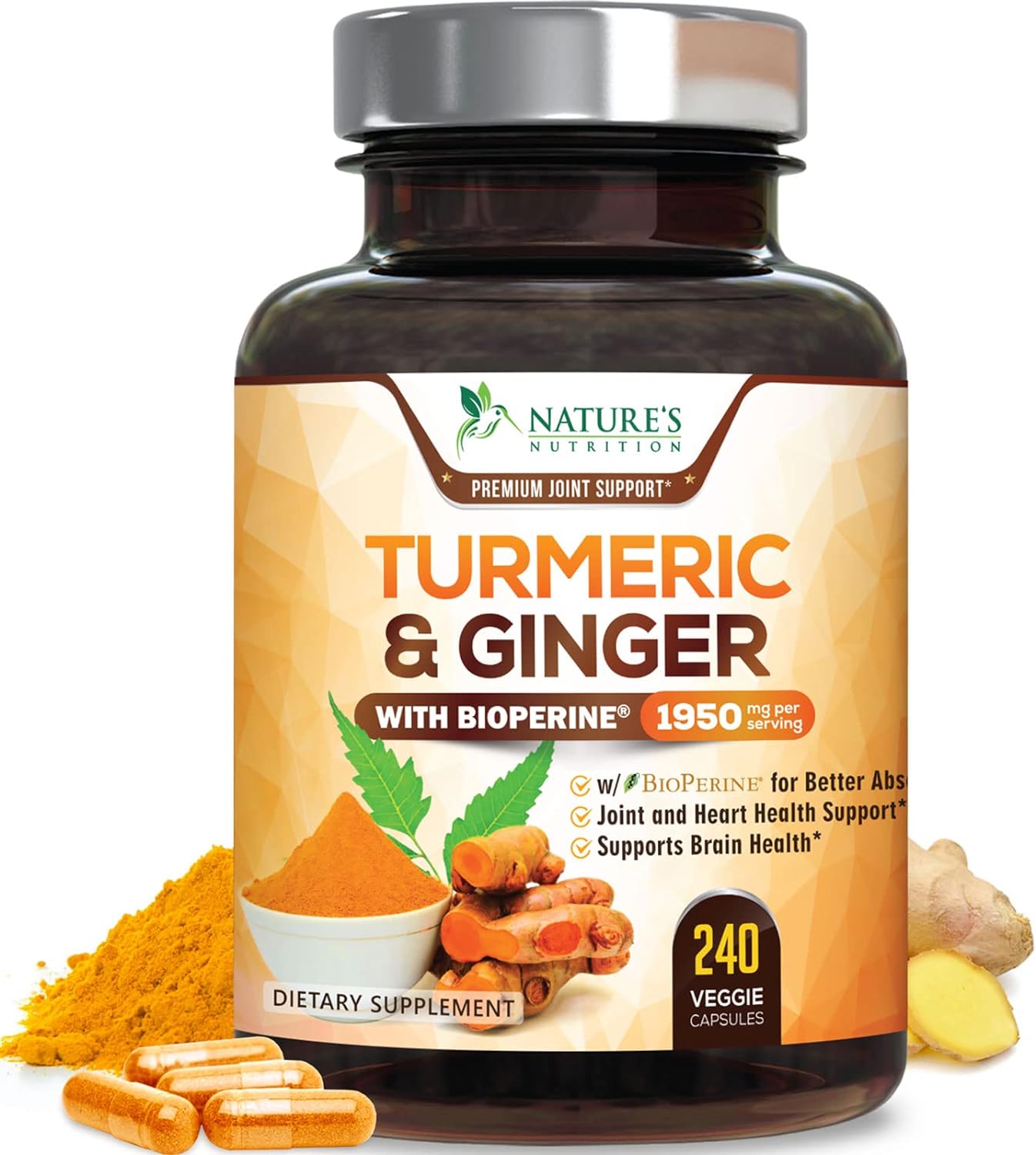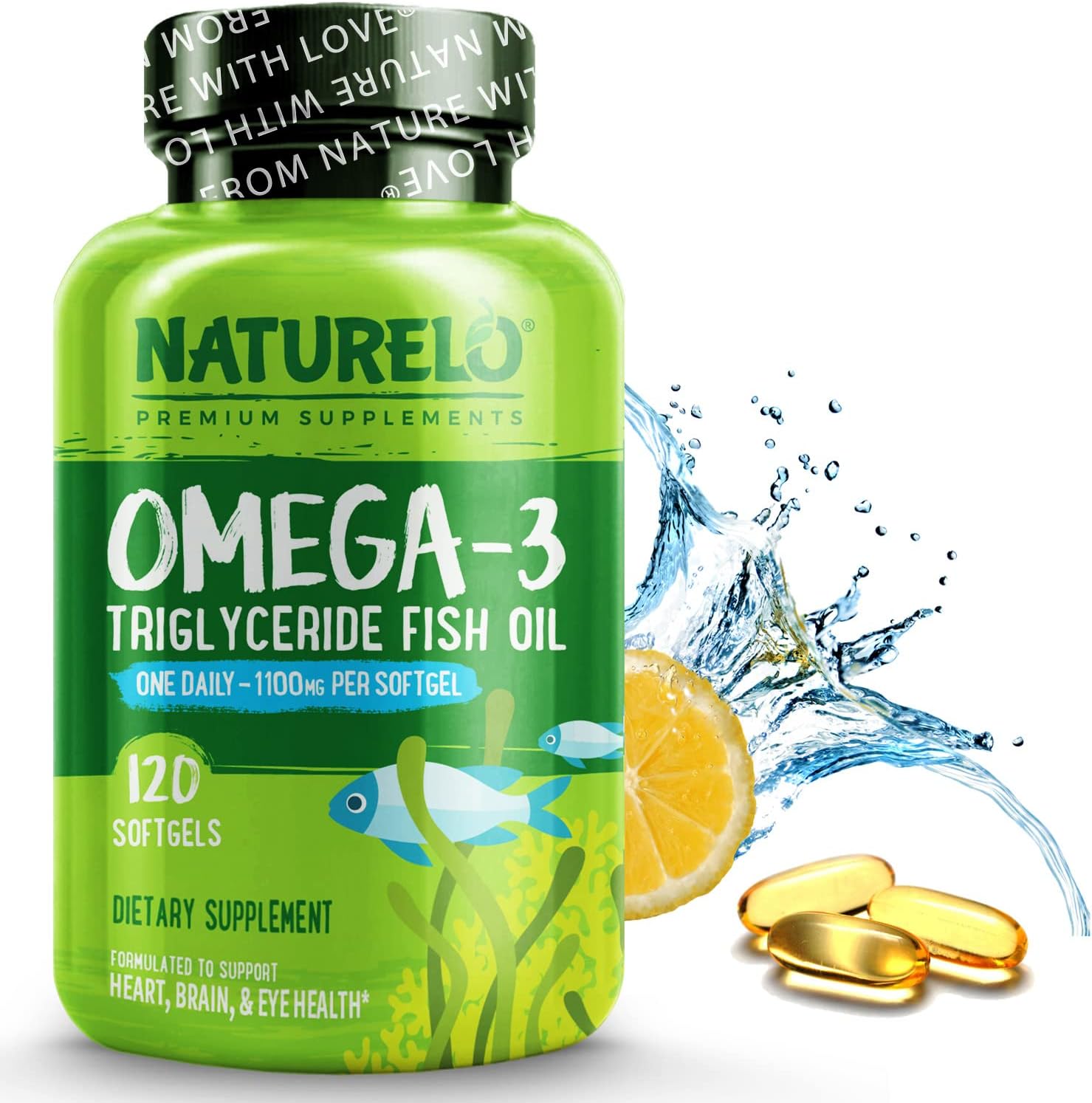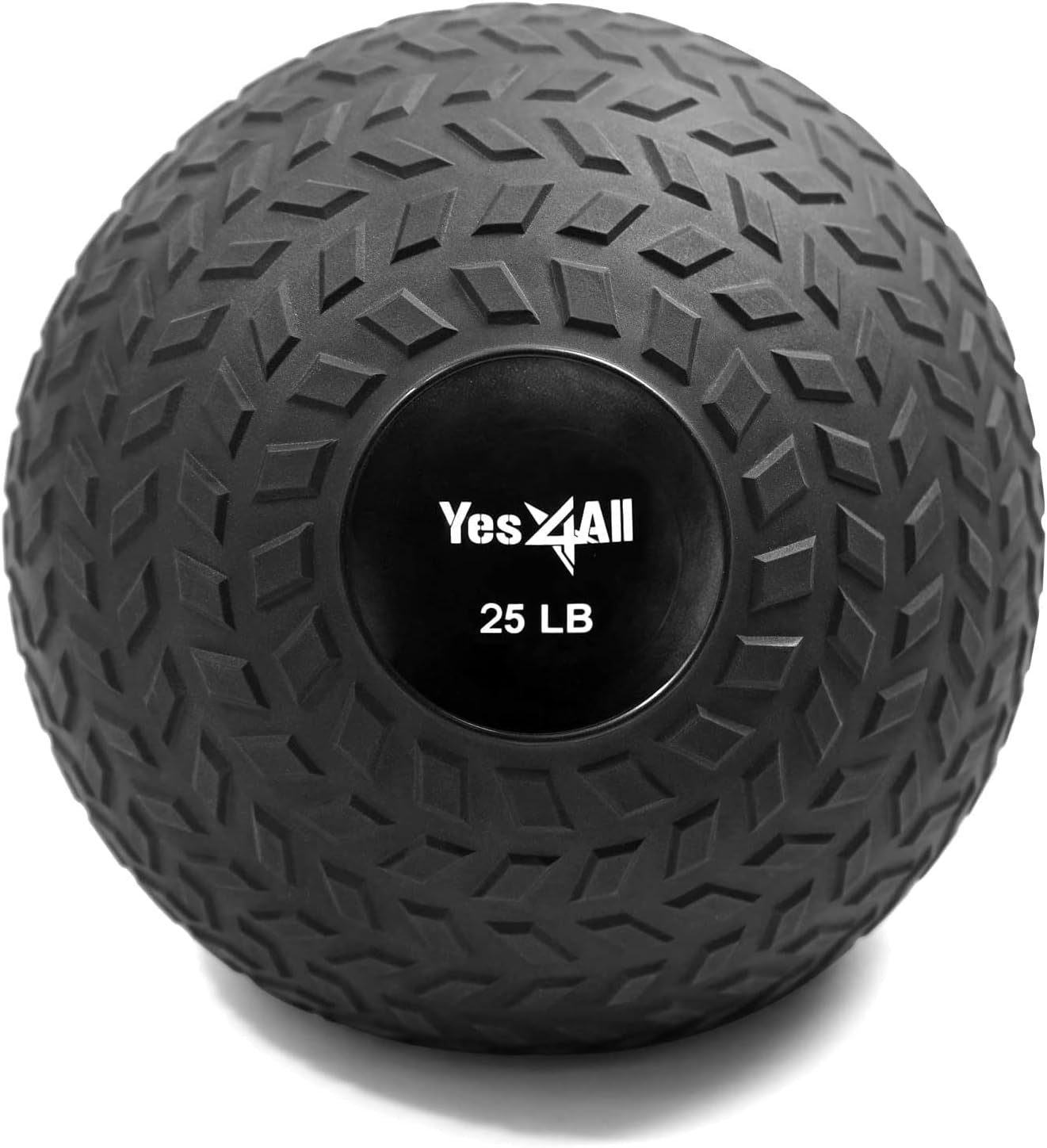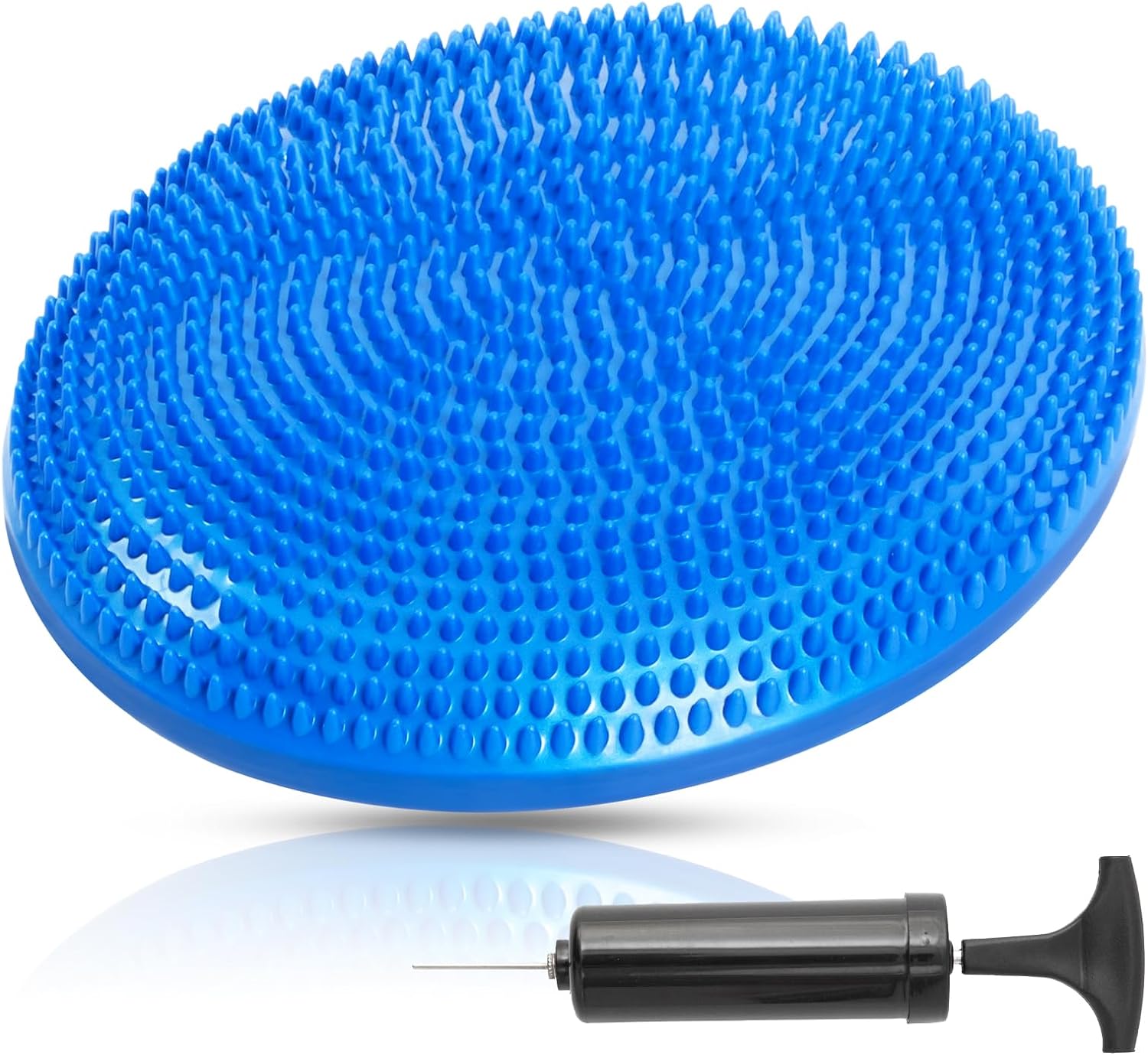In the golden years, good nutrition plays an even bigger role in health and well-being. With changing dietary needs and potential health complications, seniors must make strategic choices to maintain their quality of life. This comprehensive guide explores the nutrition that the elderly need, provides tips for healthy eating, and suggests meal options that can help seniors stay vibrant and energetic. Whether you’re a senior or someone who cares for one, these insights will reinforce the value of making every meal count towards enhancing longevity.
Importance of Nutrition for the Elderly
The significance of a nutritionally balanced diet for the elderly cannot be overstated. It’s not merely about eating for sustenance; it’s about crafting meals that support overall health, manage chronic diseases, promote mental acuity, and even enhance emotional well-being.
Proper nutrition can serve to:
- Strengthen the immune system.
- Maintain or improve cardiac health.
- Protect against bone density loss.
- Prevent malnutrition.
- Slow the progression of certain diseases such as Alzheimer’s and dementia.
However, navigating the vast landscape of food choices can be overwhelming. What should seniors prioritize, and how can they ensure their meals are as nutritious as possible?
Nutritional Needs of Seniors
As the body ages, its needs change, and the ability to absorb and utilize nutrients may diminish. Seniors often require fewer calories but higher levels of certain nutrients. Here’s a closer look at their nutritional focus areas:
Increased Need for Certain Nutrients
A diet rich in vitamins D and B12, calcium, and omega-3 fatty acids can support bone and brain health. Seniors may also need more protein to prevent muscle loss, which can occur with age-related changes.
Importance of Hydration
Dehydration is a serious concern for seniors. It can lead to urinary tract infections, confusion, and even hospitalization. Encouraging the consumption of water and hydrating foods can help prevent these issues.
Healthy Food Options
For seniors, the quality of the food they eat is as important as the quantity. Incorporating a variety of nutrient-dense foods can help meet their dietary needs.
Fruits and Vegetables
Full of vitamins, minerals, and fiber, fruits and vegetables are a nutritional powerhouse. They can aid in digestion, offer disease-fighting antioxidants, and maintain bowel health. Colorful produce is especially important as it indicates a wide range of nutrients.
Whole Grains
Whole grains provide energy in the form of complex carbohydrates with the added benefit of fiber. They support heart health, aid in digestive health, and can help regulate blood sugar levels.
Lean Proteins
Healthy sources of protein, such as lean meats, poultry, fish, and plant-based options like beans and legumes, are vital for maintaining and repairing body tissues. They are also essential for bone, muscle, and blood health.
Healthy Fats
Fats are necessary for the body to absorb certain vitamins and to maintain healthy skin. Opt for mono- and polyunsaturated fats found in avocados, nuts, seeds, olive oil, and fatty fish, which can help lower cholesterol.
Meal Planning Tips
Planning meals thoughtfully can help seniors get the most out of their food without overeating or missing key nutrients.
Portion Control
As metabolism slows, portion sizes should, too. Using smaller plates and portioning out meals can prevent overeating while still satisfying hunger.
Balanced Meals
Each meal should include a source of protein, whole grains, and plenty of fruits and vegetables. This helps maintain energy levels and provides a broad spectrum of nutrients.
Snack Ideas
Healthy snacking can be an effective way for seniors to take in additional nutrients. Options like yogurt, nuts, fruit, or vegetables with hummus are not only nutritious but also easy to prepare.
Special Considerations
Certain factors need to be considered when preparing food for seniors, such as dietary restrictions and ease of consumption.
Dietary Restrictions
Many seniors have dietary restrictions due to chronic diseases. These could include low-sodium diets for hypertension or low-sugar diets for diabetes. Adapting meals to these restrictions ensures that seniors can enjoy food without it negatively impacting their health.
Easy-to-Chew Foods
For those with dental issues or swallowing difficulties, softer foods are a must. This could mean cooked vegetables instead of raw, or incorporating grains like oatmeal into the diet for easier digestion.
Foods to Limit
Highly processed foods, those with added sugars, and those that are high in saturated and trans fats should be limited. They offer little in the way of nutrition and can contribute to health problems.
Conclusion
Nutrition is the foundation of health, and for seniors, this is especially true. By focusing on high-quality, nutrient-dense foods, portion control, and meal planning, the elderly can maintain good health and vitality. It’s essential to be mindful of individual dietary needs and restrictions, and to choose foods that support ease of consumption if necessary. By making these informed choices, seniors can enjoy a high quality of life as they age, ensuring their senior years are just as golden as they deserve to be.

